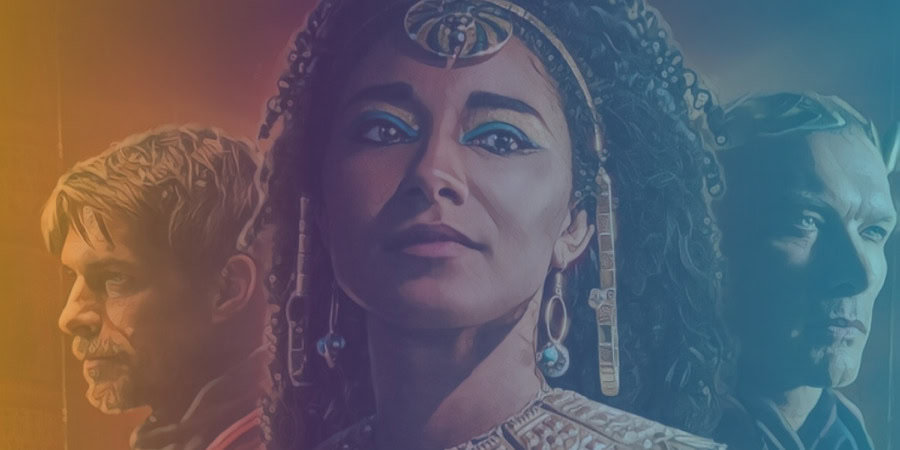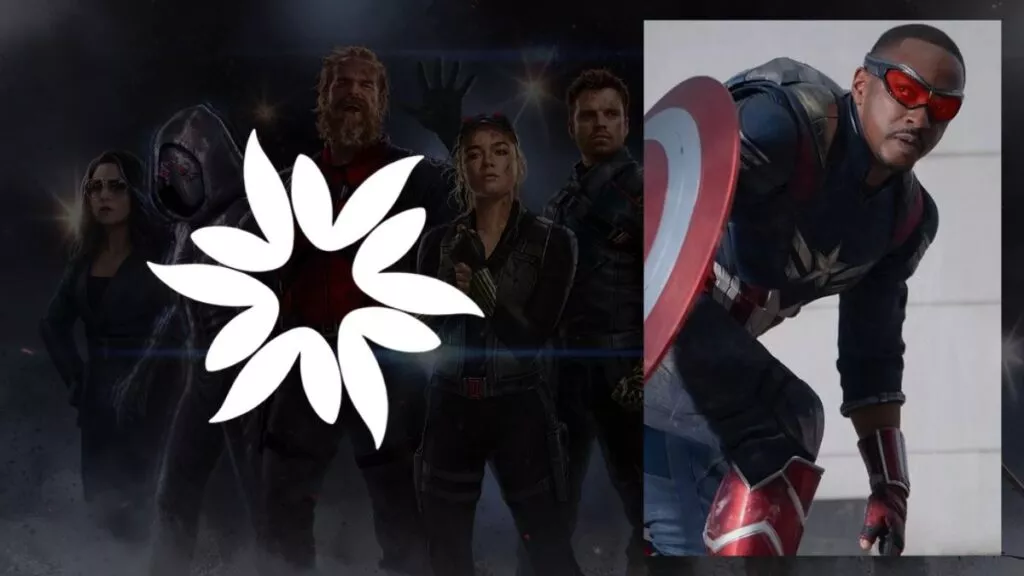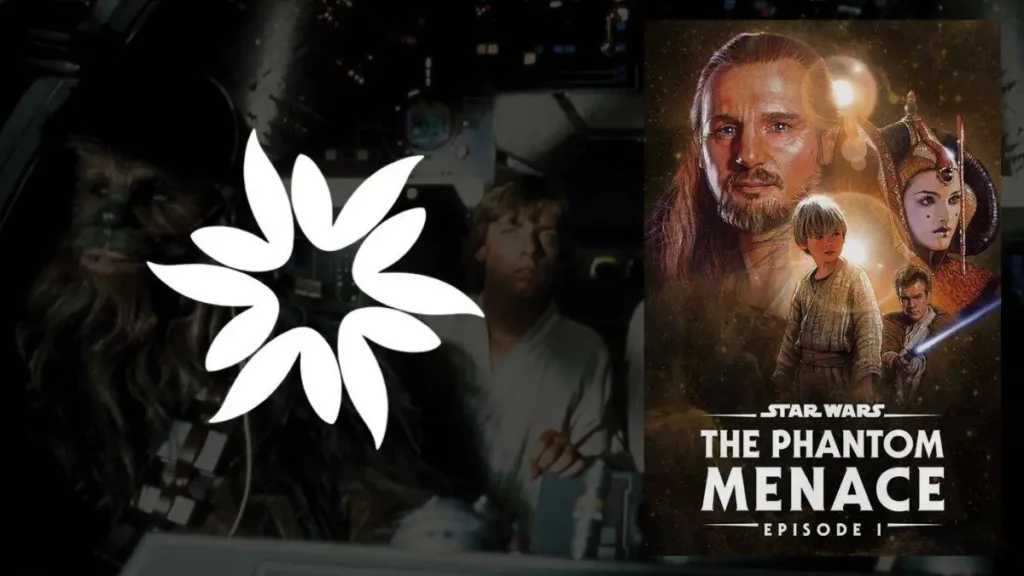Key Takeaways
- Casting Controversy: Netflix's docuseries "African Queens" has sparked a debate over the casting of biracial actress Adele James as Queen Cleopatra. The controversy revolves around the portrayal of Cleopatra's cultural identity and the emphasis on her possible African descent.
- Netflix's Perspective: Netflix aimed to reflect theories about Cleopatra's mixed ethnicity and highlight the multiculturalism of ancient Egypt through their casting choice. Director Jada Pinkett Smith emphasized the need to showcase stories of Black queens that are often overlooked.
- Egyptian Response: Egypt has planned to produce its own version of Cleopatra's story in response to Netflix's depiction. The Egyptian state-backed Documentary Channel and United Media Services will collaborate on a documentary that promises thorough research. Independent filmmaker Curtis Ryan Woodside has also released a documentary challenging biased opinions about Cleopatra's racial identity.
- Legal Action and Criticism: Egyptian lawyer Mahmoud al-Semary filed a complaint to block Netflix in Egypt, accusing the streaming platform of promoting distorted Egyptian identity. Critics argue that casting a biracial actress as Cleopatra is a misrepresentation and historical inaccuracy.
- Focus on Leadership and Legacy: Despite the controversy, the Netflix docuseries aims to explore Cleopatra's reign, strategic leadership, and her significance as the final Pharaonic ruler of Egypt before its fall to the Roman Empire. The focus is on her formidable intellect and leadership rather than solely on her racial identity.
The world is witnessing a historical controversy after Netflix’s release of its new docuseries, “African Queens.”
The series begins with “Queen Cleopatra,” and the casting of biracial actress, Adele James, in the titular role has sparked a contentious debate over the Egyptian ruler’s cultural identity.
Cleopatra, born in Alexandria in 69 BC, has held historians’ fascination for centuries.
The consensus has often been that she was of Macedonian Greek descent, with little acknowledgement of non-Greek ancestry.
However, the identity of her mother and paternal grandparents remains unclear, suggesting a possibility of indigenous Egyptian heritage.
In Netflix’s portrayal, Cleopatra’s possible African descent is emphasized, causing an outcry among critics who see it as a distortion of Egypt’s history.
Netflix’s Stance on Cleopatra’s Portrayal
Netflix’s decision to cast James, known for her role in the TV series “Casualty,” was intended to reflect theories about Cleopatra’s mixed ethnicity and highlight the multiculturalism of ancient Egypt.
Jada Pinkett Smith, the show’s director, emphasized the need to showcase stories of Black queens, which are often overlooked in mainstream narratives.
However, Netflix’s depiction has been met with resistance from certain quarters.
Critics argue that the choice of a biracial actress for the role is a misrepresentation and a historical inaccuracy.
One such critic is Mostafa Waziri, Egypt’s secretary general of the Supreme Council of Antiquities, who accused the series of distorting Egyptian history.
Netflix’s decision to cast James, known for her role in the TV series “Casualty,” was intended to reflect theories about Cleopatra’s mixed ethnicity and highlight the multiculturalism of ancient Egypt.

Egyptian Counteraction
In response to Netflix’s depiction of Cleopatra, Egypt has initiated plans to produce its own version of the queen’s story.
Al Wathaeqya, the Egyptian state-backed Documentary Channel, announced it will partner with the government-owned broadcaster, United Media Services, to produce a documentary that promises the highest levels of research and scrutiny.
Independent filmmaker and Egyptologist Curtis Ryan Woodside also released a 90-minute English-language documentary about Cleopatra VII on YouTube, rejecting what he sees as biased opinions about the queen’s racial identity.
The backlash has also seen legal action. Egyptian lawyer Mahmoud al-Semary filed a complaint to block Netflix in Egypt, accusing the streaming giant of promoting “Afrocentric thinking” that distorts and erases Egyptian identity.
Navigating the Controversy
Adele James, who plays Cleopatra in the series, has faced online criticism for her casting.
Despite this, she remains excited about the series and dismisses the Egyptian litigation as fundamentally rooted in racism.
Tina Gharavi, the show’s director, defended the casting choice, suggesting that the controversy is not just about portraying Cleopatra as Black, but also asking Egyptians to see themselves as Africans. She believes this has angered some Egyptians, but maintains her stance.
Cleopatra’s Legacy Beyond Race
While the controversy over Cleopatra’s racial identity continues, the Netflix docuseries aims to focus more on her reign and strategic leadership.
It explores her as the first Ptolemaic ruler who learned the Egyptian language and practiced the religion, and as the nation’s final Pharaonic ruler before its fall to the Roman Empire in 30 BC.
Scholars featured in the docuseries emphasize that Cleopatra’s appeal lies in her ability to be imagined in different ways, reflecting the multicultural nature of ancient Egypt.
As the debate simmers, the series pushes viewers to explore beyond Cleopatra’s race, focusing on her formidable intellect and leadership that made her a queen whose story is still told thousands of years later.








